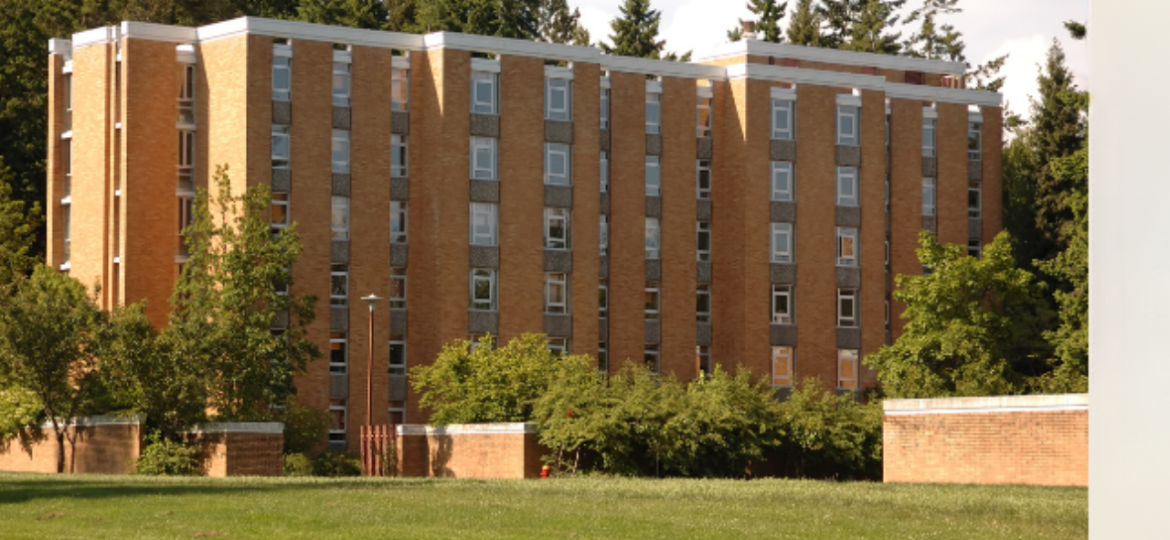


Benefits of Studying in France
Studying abroad in France is an exciting adventure, offering rich cultural experiences and high-quality education. One of the crucial aspects of preparing for your study abroad journey is finding suitable accommodation. This guide provides valuable insights into finding accommodation in France, including student housing options, practical tips, and a comprehensive France accommodation guide to help you secure a comfortable place to live. France is a top destination for international students due to its prestigious universities, vibrant culture, and diverse academic programs.
- Academic Excellence: Home to world-renowned universities and research institutions.
- Cultural Immersion: Experience France’s rich history, art, and cuisine.
- Language Skills: Opportunity to learn or improve your French.
- Networking: Connect with students and professionals from around the globe.
Start your journey with Book a Free Session
Understanding Student Housing Options in France
Types of Accommodation
International students in France have various accommodation options to choose from, each with its unique benefits and considerations.
University Residences (CROUS)
- Overview: Managed by regional student welfare offices (CROUS), university residences are affordable and conveniently located near campuses.
- Benefits: Low cost, proximity to university facilities, and a built-in student community.
- Drawbacks: Limited availability and competitive application process.
Private Student Residences
- Overview: These are privately owned and operated student residences offering furnished rooms and apartments.
- Benefits: Modern amenities, social spaces, and sometimes included utilities.
- Drawbacks: Higher cost compared to CROUS residences.
- Overview: Renting an apartment with other students is a popular option.
- Benefits: Shared costs, more space, and the opportunity to live in diverse areas of the city.
- Drawbacks: Requires coordination with roommates and finding compatible living partners.
Homestays
- Overview: Living with a French host family offers a unique cultural immersion experience.
- Benefits: Improved language skills, cultural exchange, and a supportive environment.
- Drawbacks: Less independence and possible cultural adjustments.
Factors to Consider
When choosing accommodation, consider the following factors to ensure it meets your needs and preferences.
- Budget: Determine how much you can afford to spend on rent and utilities.
- Location: Proximity to your university, public transport, and local amenities.
- Amenities: Check for included amenities such as internet, laundry facilities, and furnished rooms.
- Safety: Research the safety of the neighborhood and the building’s security measures.
How to Find Accommodation in France
University Resources
Most universities in France offer resources and support to help international students find accommodation.
University Housing Office
- Services: Assistance with finding university residences, private housing options, and housing fairs.
- Tips: Contact the housing office as soon as you receive your acceptance letter to explore available options.
Online Platforms
There are several online platforms and websites that specialize in student housing in France.
Popular Websites:
- Studapart: Offers a wide range of student accommodation options across France.
- Lokaviz: Managed by CROUS, provides listings for university residences and private rentals.
- Housing Anywhere: Connects students with available rooms and apartments.
Local Agencies
Working with local real estate agencies can help you find private rentals and shared apartments.
- Personalized Service: Agencies can offer tailored listings based on your preferences.
- Local Knowledge: Agents have insights into the best neighborhoods and current rental market trends.
- Legal Assistance: Help with understanding rental agreements and legal obligations.
Tips for Securing Student Housing in France
Start Early
Begin your search for accommodation as soon as you receive your acceptance letter from the university.
- Apply to CROUS Residences: These are highly sought after, so apply as early as possible.
- Contact Landlords: Reach out to potential landlords to express your interest and ask questions.
Prepare Necessary Documents
Landlords and housing offices typically require several documents to process your application.
Commonly Required Documents:
- Proof of Enrollment: A letter from your university confirming your enrollment.
- Identification: A valid passport or ID card.
- Financial Proof: Bank statements or a guarantor’s letter to demonstrate your ability to pay rent.
- Rental History: References from previous landlords if applicable.
Visit Potential Accommodation
If possible, visit potential accommodations in person or arrange virtual tours to get a better sense of the space and location.
- Check Condition: Inspect the property for any damages or maintenance issues.
- Meet Roommates: If you’re sharing an apartment, meet your potential roommates to ensure compatibility.
- Explore Neighborhood: Walk around the neighborhood to assess its amenities and safety.
Understand Your Lease Agreement
Carefully read and understand the terms of your lease agreement before signing.
- Rent Amount: Ensure the rent amount and payment schedule are clearly stated.
- Duration: Check the length of the lease and any conditions for renewal.
- Utilities: Clarify which utilities are included in the rent and which are your responsibility.
- Deposit: Understand the deposit amount and conditions for its return.
Conclusion
Finding suitable accommodation is a critical step in preparing for your study abroad journey in France. By understanding the various student housing options, starting your search early, and utilizing university resources and online platforms, you can secure a comfortable and convenient place to live. Whether you choose a university residence, private rental, or homestay, having a well-prepared approach will enhance your overall study abroad experience. For more guidance and support on your study abroad journey, visit Gateway International.



